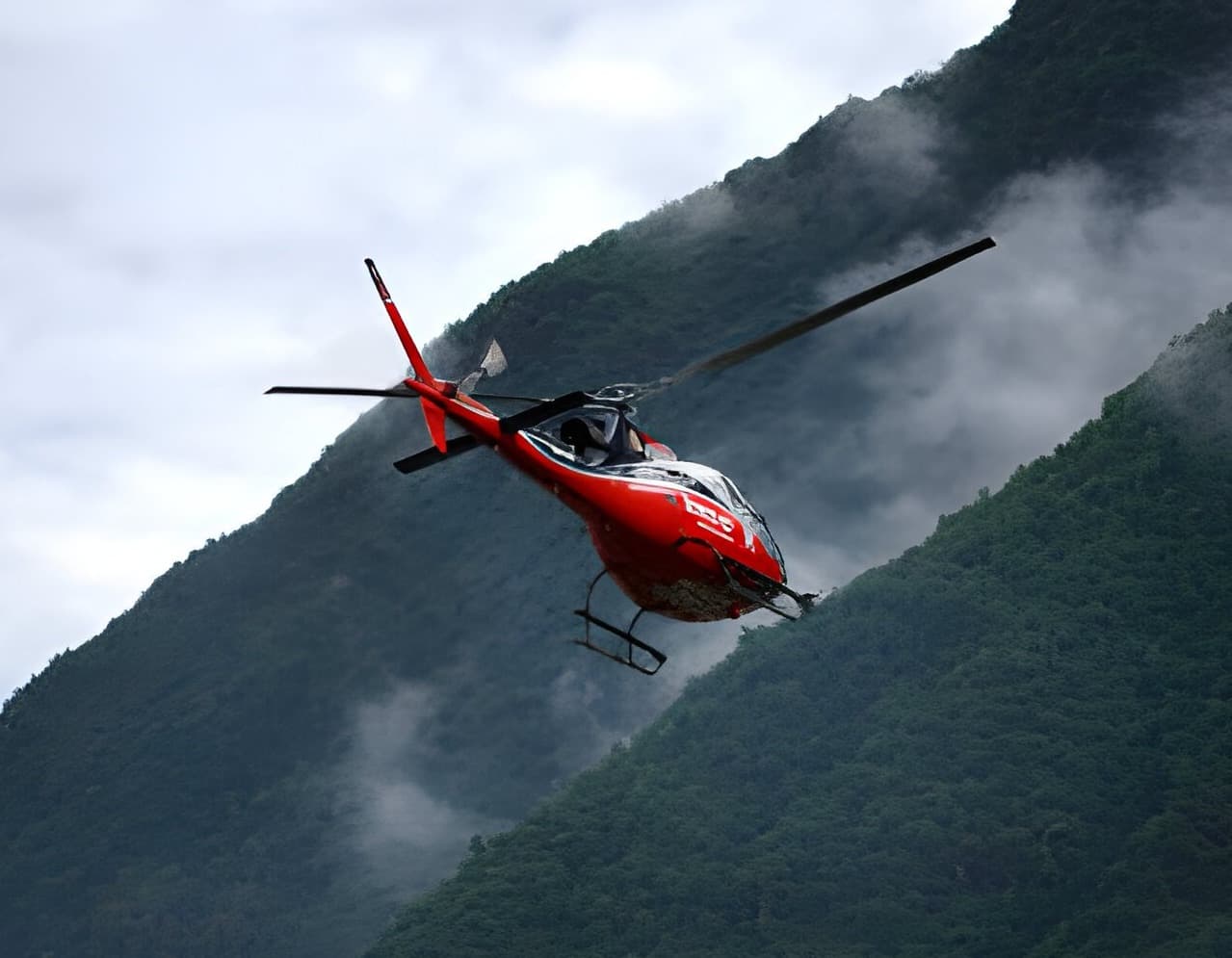Home Everest Travel Guide
Everest Travel Guide Your Guide to Everest
The Everest region, locally known as Sagarmatha, is a dream destination for trekkers and mountaineers worldwide. With its towering peaks, rich Sherpa culture, and awe-inspiring landscapes, Everest offers a once-in-a-lifetime adventure.
Popular Trekking Routes in the Everest Region
Everest Base Camp (EBC) Trek
Duration : 12–14 days.Highlights : Stunning views of Everest, Lhotse, and Nuptse; Tengboche Monastery; Khumbu Glacier.Best Time : Spring (March-May) and Autumn (September-November).Difficulty : Moderate to strenuous.Helicopter Option : Skip the return trek with a helicopter ride back to Kathmandu.
Gokyo Lakes Trek
Duration : 10–12 days.Highlights : Turquoise glacial lakes, Gokyo Ri viewpoint, fewer crowds.Difficulty : Moderate.Best Time : Spring and Autumn.
Three Passes Trek
Duration : 18–20 days.Highlights : Adventure-packed trek crossing three high-altitude passes: Kongma La, Cho La, and Renjo La.Difficulty : Strenuous and requires prior trekking experience.
Helicopter Tours in the Everest Region Experience the grandeur of Everest like never before with a scenic helicopter tour.
Popular Packages :
Everest Base Camp Heli Tour
Fly over the iconic EBC, Kala Patthar, and Khumbu Glacier.
Duration : 3–4 hours.Cost : Starting at $1,000 per person.
Everest & Gokyo Lakes Combo Tour
Includes stunning aerial views of Gokyo Lakes, Everest, and nearby peaks.
Duration : 4–5 hours.
Safety Tip : Always book with licensed operators like Heli On Call and check weather updates before scheduling a tour.
Cultural Highlights
Tengboche Monastery : The spiritual heart of the Khumbu region.Sherpa Villages (Namche Bazaar, Dingboche, Lukla) : Experience Sherpa hospitality, culture, and traditions.
Practical Tips for Everest Travelers
Permits Required : TIMS card and Sagarmatha National Park Entry Permit.Packing Essentials : Layered clothing, sturdy trekking boots, high SPF sunscreen.Altitude Awareness : Acclimatize properly and stay hydrated to avoid altitude sickness. 
























